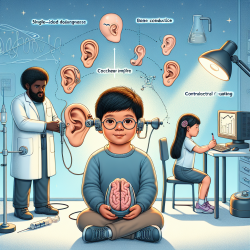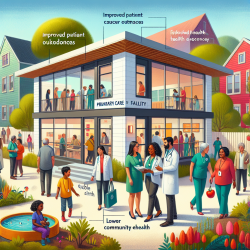Empowering Change: Language Rights in U.S. Education
The journey towards equitable education for English Language Learners (ELLs) in the United States has been a complex and ongoing struggle. The landmark case of Castañeda v. Pickard (1981) established a three-prong test to ensure that educational programs for ELLs are based on sound educational theory, are effectively implemented, and are successful in overcoming language barriers. However, the implementation and impact of these guidelines have been inconsistent across different states and districts.
The Castañeda Case: A Historical Perspective
The Castañeda case arose from a lawsuit filed by Mexican-American students against the Raymondville Independent School District in Texas, alleging racial discrimination and inadequate educational support. The Fifth Circuit Court's decision in 1981 established a framework to evaluate whether schools were taking "appropriate action" to overcome language barriers, as required by the Equal Educational Opportunities Act (EEOA) of 1974.
Challenges in Implementation
Despite the intentions behind the Castañeda decision, the practical application of its guidelines has faced significant challenges. The decentralized nature of the U.S. education system means that states and districts have considerable autonomy in interpreting and implementing federal policies. This has led to variations in how ELL programs are designed and executed, often influenced by local resources and demographics.
Florida: A Case Study
Florida serves as an illustrative example of the complexities involved in implementing language policies for ELLs. The state's rich linguistic diversity and the 1990 META Consent Decree, which mandates ESOL training for all teachers, highlight both the potential and limitations of state-level initiatives. However, the state's official English policy and resistance to providing assessments in students' native languages underscore the ongoing tension between federal mandates and state practices.
Moving Forward: Advocacy and Action
For practitioners and advocates working to improve educational outcomes for ELLs, the Castañeda case offers both a framework and a cautionary tale. It underscores the importance of evidence-based educational programs and the need for ongoing evaluation and adaptation. However, it also highlights the limitations of relying solely on legal mandates to drive change.
Practitioners are encouraged to engage in grassroots advocacy, collaborate with local communities, and leverage federal funding to support bilingual education and teacher preparation. By fostering a language-as-resource orientation, educators can help shift the narrative from viewing language diversity as a problem to recognizing it as a valuable asset.
Ultimately, the path to equitable education for ELLs requires a multifaceted approach that combines legal advocacy, community engagement, and innovative educational practices. By building networks of support and challenging deficit orientations, educators and advocates can work towards a future where all students have the opportunity to succeed, regardless of their linguistic background.
To read the original research paper, please follow this link: Is language a ‘right’ in U.S. education?: unpacking Castañeda’s reach across federal, state, and district lines.










